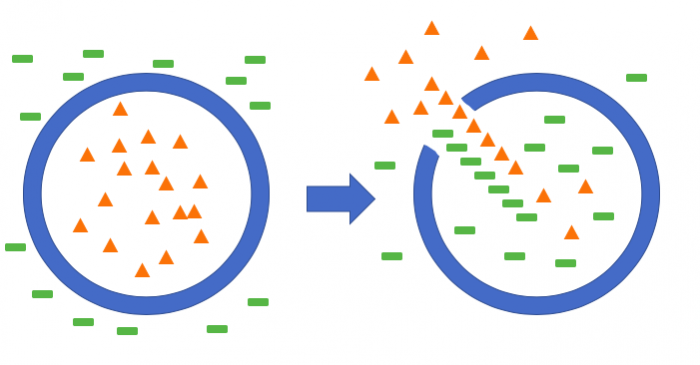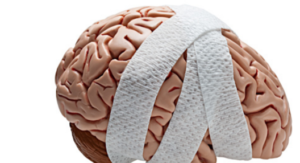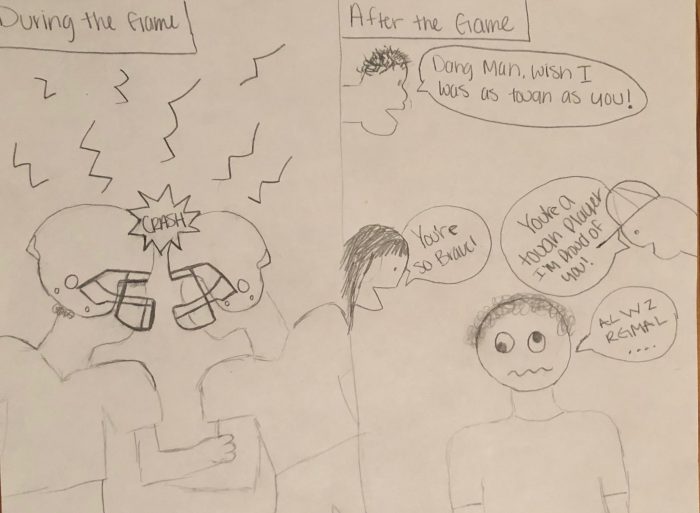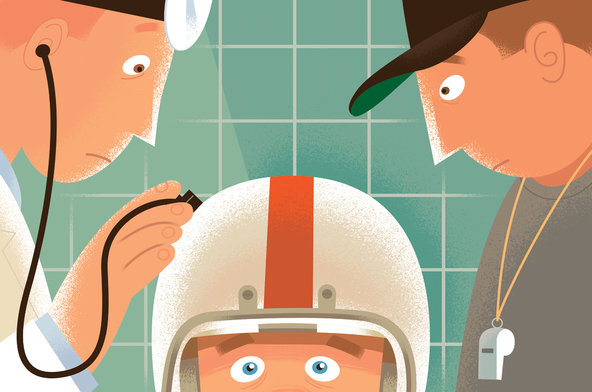Concussions are a very prevalent injury in today’s society affecting one in four adults, according to a 2016 Truven Health Analytics Health Poll. Many people are familiar with the term and symptoms, especially after the movie “Concussions” and the discovery of CTE in professional football players. However, a majority of the population is very uneducated about concussion’s neurological effects and long-term impairments, so let’s cover the basics.
Science
A concussion is described as a biomechanical force applied to the head. This results in stretching, pulling and tugging on our intricate web of brain cells. The disruption causes microtears in cell membranes and dismembers cell-cell communication. The tears also destroy the cell of its natural barrier from outside molecules and ion concentrations. Ions are then free to rush into or out of the cell with no regulatory mechanisms. The disturbed cell will then try to regain homeostasis by using energy to pump ions back in and out of the existing membrane. This futile effort of the cell only increases its consumption of energy, placing more stress on the entire organism resulting in sleepiness, foggy memory, migraines, and inability to concentrate.

Fig 1. Microtears of a cell membrane after mechanical force disrupts the natural balance of ions inside and outside of the cell.
Other effects of concussions include the production of harmful free radicals and oxidative stress which can lead to an inability to degrade old or malfunctioning proteins. The build-up of these ineffective proteins can lead to some serious consequences including an increased chance of developing neurodegenerative diseases. These diseases can include ALS, Alzheimer’s, and Huntington’s disease and would not appear until later in life. You also have a greater chance of developing other diseases like depression and anxiety after multiple concussive events.
After learning all of the immediate and delayed outcomes of concussions, what can we do to prevent these injuries from occurring? Majority of the time, the brain can heal itself if given enough time to recover. Most of the long-term effects on cognitive processing, learning, and memory do not occur unless a person has sustained multiple concussive injuries and have not allowed their brain to heal fully before returning to everyday activities. So why doesn’t everybody take the necessary time to recover? Well with lack of education and our current cultural norms, most people find it very difficult to properly treat a concussion.
Cultural impacts

Our society has been hardwired to go-go-go with fast food restaurants, the abuse of over the counter medicine and working 40+ hours per week. We are conditioned to never take breaks because they are a sign of weakness and we are taught that anything less than being the best is not good enough. Also with sports becoming increasingly competitive at younger ages, kids will not sit out for the appropriate amount of time to recover. Every day we praise this behavior by bragging about our abilities to push our bodies past their limits with phrases like, “Ya I once played in a game the day after I fractured my ankle” or “Ya I woke up at 3 am this morning so that I could get all of my homework done, go for a run, and make a balanced breakfast all before 7am.” We are taught to value physical and emotional toughness even when completely unnecessary and possibly harmful to our future health. This nationwide mindset is preventing people from letting their bodies heal naturally. Unless we start to place a bigger emphasis on mental health and a balanced lifestyle, our population will always suffer from the lasting impacts of concussions.

